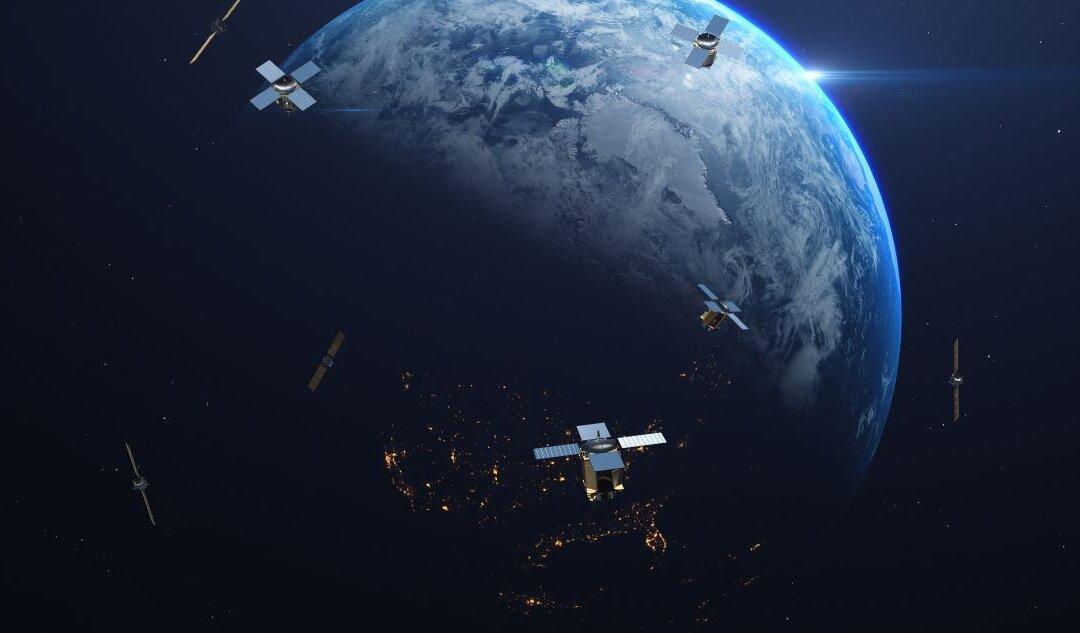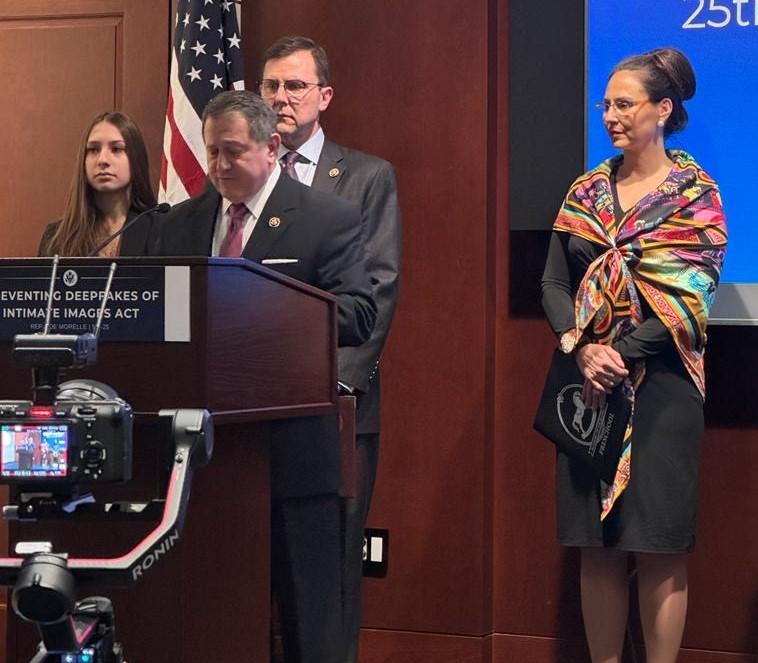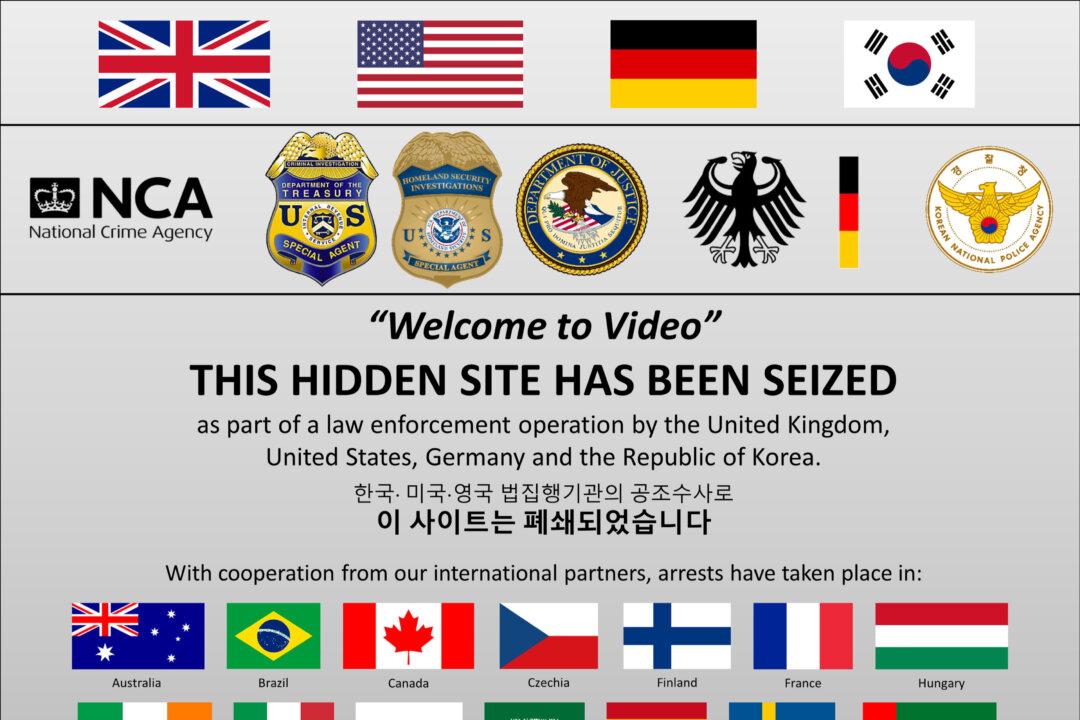A subcommittee of the House Committee on Energy and Commerce conducted a Feb. 2 hearing that focused on the use of emerging satellite technology in commerce, defense, public safety—and bringing high-speed and affordable broadband access to under-served areas.
Also discussed in the Subcommittee on Communications and Technology hearing, titled “Launching Into the State of the Satellite Marketplace,” were issues involving licensing, protecting satellite technology, and blocking enemies of the United States from intruding into and getting access to the nation’s satellite technology.





